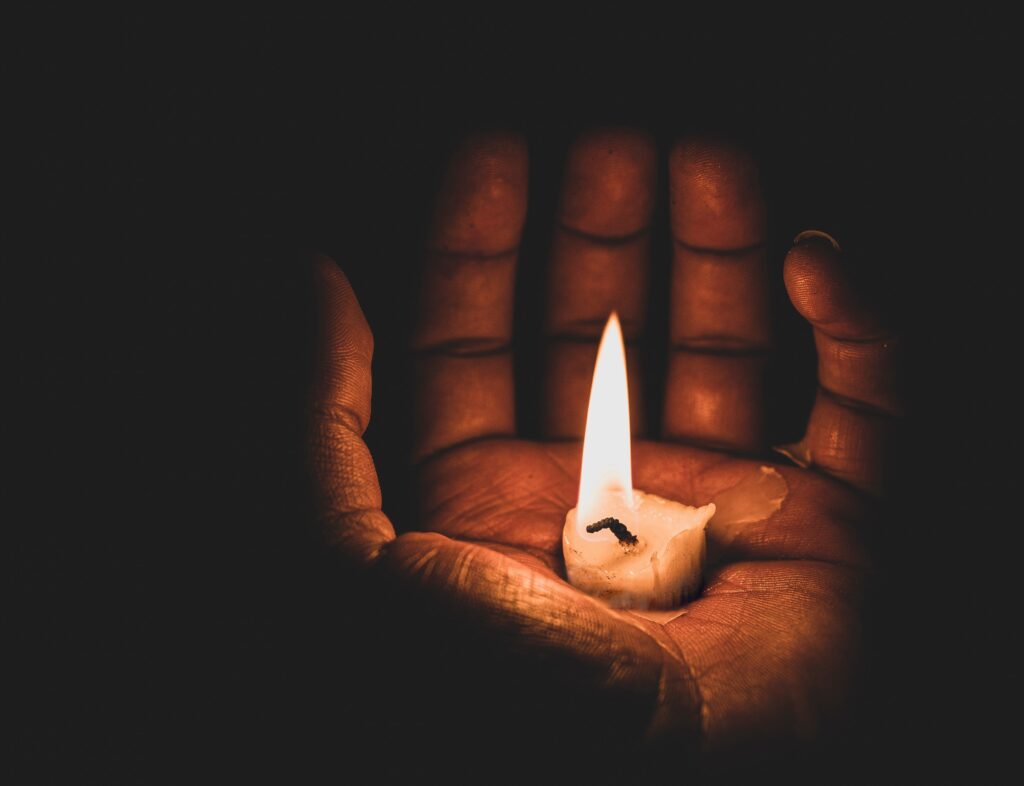Christmas is upon us and while lots of us will be getting ready for festive cheer, it isn’t always a time of joy for many young people.

The harsh reality for some
Child Poverty Action Group estimates that roughly in every class in the UK, 9 children in every class of 30 will be living in poverty [1]. Christmas time can therefore understandably be a very challenging time for many young people.
For many children and young people Christmas can also mean stress and anxiety, or more time spent in a place that is not even safe let alone joyful. For example, government figures show that last year over 50,000 children in England and Wales needed a local authority child protection plan [2], meaning they need protecting from some form of harm. But it’s worth saying that abuse of children doesn’t always get reported or noticed [3], so these figures will underestimate the number of children in danger.
How you can help
In our blog on grief we wrote about how young people often act out as a way of drawing attention to thoughts and feelings that are too hard to talk about. Leading up to Christmas time you may see certain behaviours displayed because of the difficult situation that some young people find themselves in. Imagine how difficult it must be for a young person to discuss how poverty or domestic abuse impacts them considering these factors typically come with feelings such as guilt, shame and fear.
So, in the lead up to Christmas think about those around you in school, at your youth club or youth organisation who might be struggling.
In the case of abuse, leading up to the Christmas holidays and into the new year look out for the following:
- Unexplained changes in behaviour or personality
- Becoming withdrawn
- Seeming anxious
- Becoming uncharacteristically aggressive
- Lacks social skills and has few friends, if any
- Poor bond or relationship with a parent
- Knowledge of adult issues inappropriate for their age
- Running away or going missing
- Always choosing to wear clothes which cover their body [4]
While these behaviours don’t necessarily mean someone is being abused, they are very often signs that someone needs support in some way.
Where to get help
If you’re worried about a child or young person then the NSPCC helpline can give advice on what to do. You can call them on 0808 800 5000.
Or if you would like to help a young person to get support over the Christmas break then Child Line can offer help on 0800 1111.
References
[1] Child Action Poverty Group https://cpag.org.uk/child-poverty/child-poverty-facts-and-figures
[2] Gov.uk, Education statistics https://explore-education-statistics.service.gov.uk/find-statistics/characteristics-of-children-in-need/2020
[3] National Society for the Prevention of Cruelty to Children (NSPCC) https://learning.nspcc.org.uk/media/2287/how-safe-are-our-children-2020.pdf
[4] National Society for the Prevention of Cruelty to Children (NSPCC) https://www.nspcc.org.uk/what-is-child-abuse/spotting-signs-child-abuse/